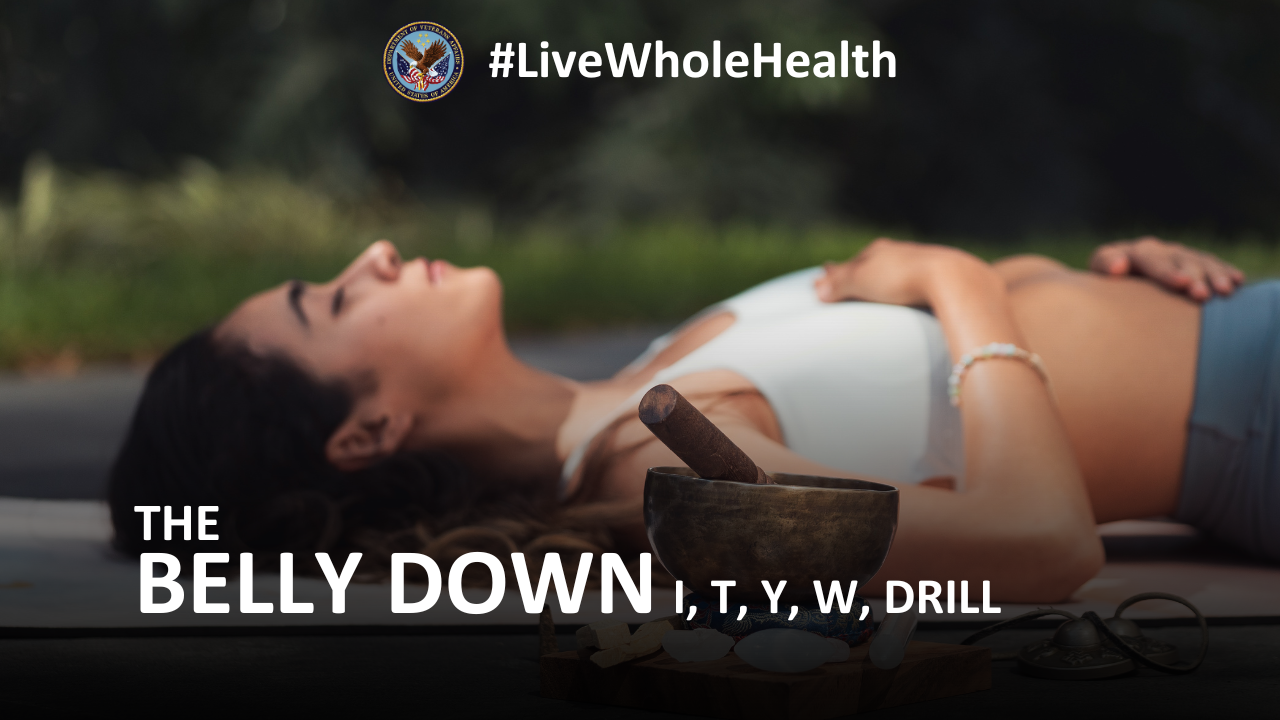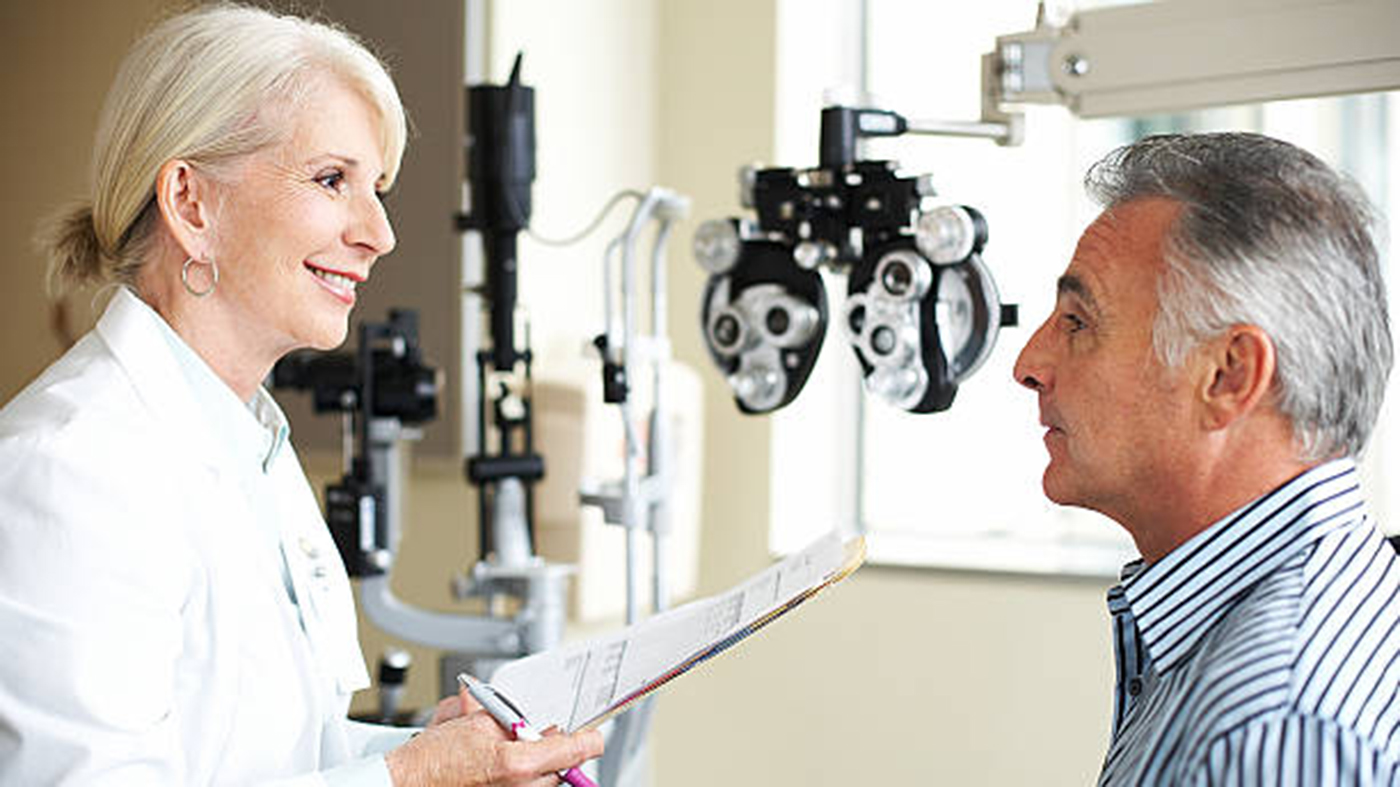A history of military sexual trauma is associated with an increased risk of recent suicidal thoughts in Veterans without a mental health diagnosis or mental health treatment history, according to a study of more than 40,000 post-9/11 Veterans.
“We often study suicide and suicidal ideation—thoughts about suicide—in people who are already getting mental health care,” said Dr. Suzanne E. Decker, first author of the study. “My colleagues and I were interested in examining risk factors for suicidal ideation in Veterans not yet connected to mental health care, because this group might have needs we don’t know about.
“Preventing suicide is an important goal, and to prevent a behavior, you have to understand it,” said Decker, a psychologist at VA Connecticut Healthcare System and assistant professor at Yale School of Medicine. At VA, she works with the New England Mental Illness Research, Education, and Clinical Center and the Pain Research, Informatics, Multi-morbidities, and Education Center.
Study looked at data on more than 41,000 Veterans
The researchers examined VA data on 41,658 Veterans (12.3% women) who had been screened for both military sexual trauma (MST) and suicidal ideation between 2008 and 2013, and who had no prior mental health visits or antidepressant medications in their electronic medical record.
MST was reported by 27.9% of women and 2.9% of men. Screening for military sexual trauma was done using the VHA two-item screener, which asks: “While you were in the military… a) Did you receive uninvited and unwanted sexual attention, such as touching, cornering, pressure for sexual favors, or verbal remarks?; b) Did someone ever use force or threat of force to have sexual contact with you against your will?” A “yes” answer to either or both questions was considered a positive screen.
Recent suicidal thoughts were reported by 14.7% of women and 16.5% of men. This was screened using item 9 on the PHQ-9, a standard depression screening tool. Item 9 asks: “Over the past two weeks, how often have you been bothered by thoughts that you would be better off dead, or of hurting yourself in some way?” Any response other than “Not at all” was recorded as a positive screen.
1 in 6 Veterans had suicidal thinking
Overall, said Decker, “About 1 in 6 Veterans had suicidal ideation in the past 2 weeks. That’s a higher percentage than we expected. It speaks to the importance of checking in with people about how they’re doing, whether or not they are engaged in mental health care.”
Women who had experienced MST were at a 65% increased risk of recent suicidal thoughts, compared with women who had not. Comparatively, men who had experienced MST were at a 49% increased risk of recent suicidal thoughts.
Among Veterans, the death rate from suicide are higher in men but risk for a suicide attempt is higher in women, a pattern that is consistent with the general population. MST appears to be a strong risk factor for suicidal thoughts and behavior in post-9/11 Veterans, but some research suggests Veterans of this era, as well as female MST survivors, often don’t receive or engage with recommended mental health treatment.
“VA has a robust system for screening and referrals,” said Decker. “But there are still people who aren’t engaged with care and could benefit from it.”
More Information
Click here to read the full story.
Click here to learn more about VA research.
Topics in this story
More Stories
Facility dog Taryn assists patients during physical and occupational therapy treatments.
Tight shoulders from desk work? Try this 3-minute yoga drill to loosen up and strengthen your back—no equipment needed—in this week's #LiveWholeHealth practice.
Learn how AMD and low vision impact you and what VA is doing to help improve your quality of life.






